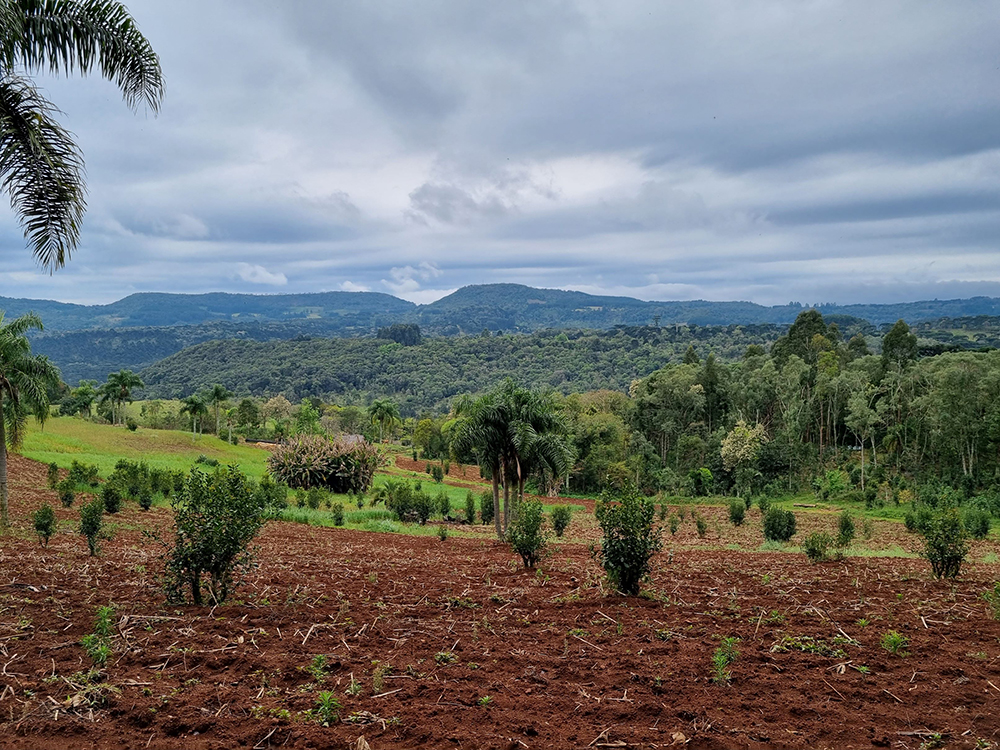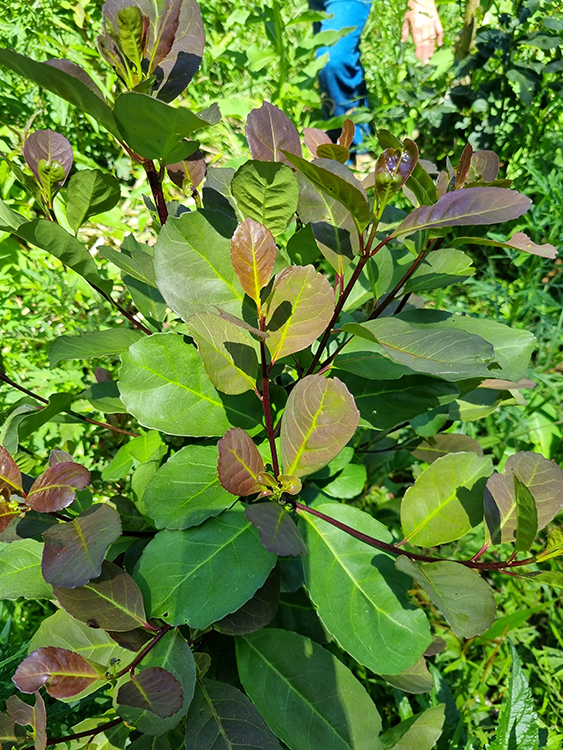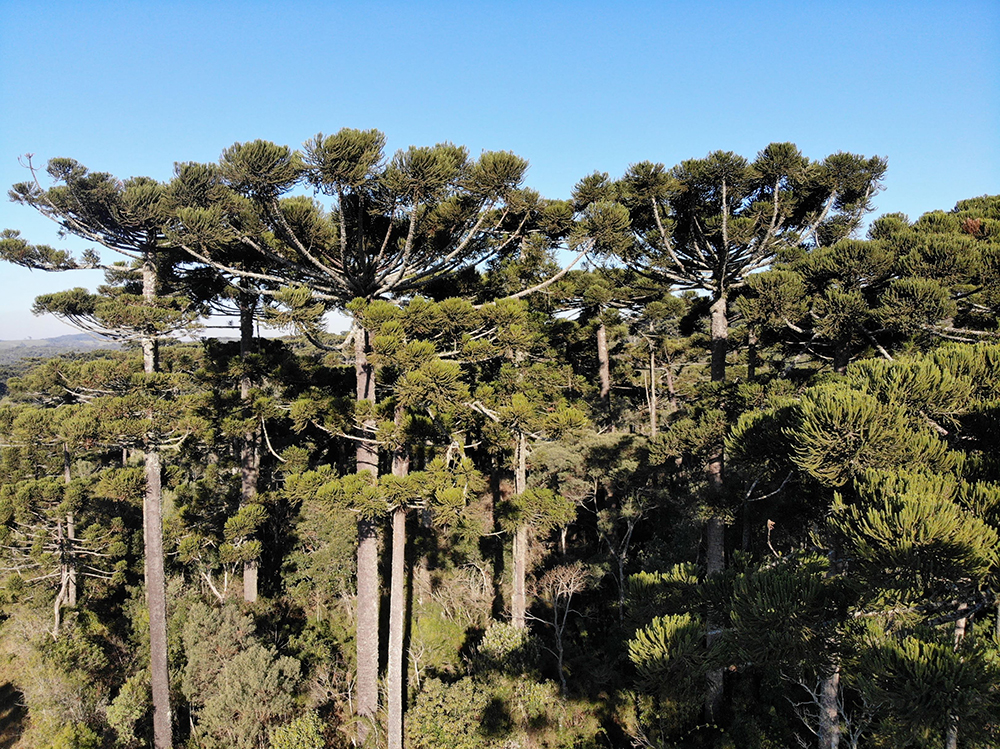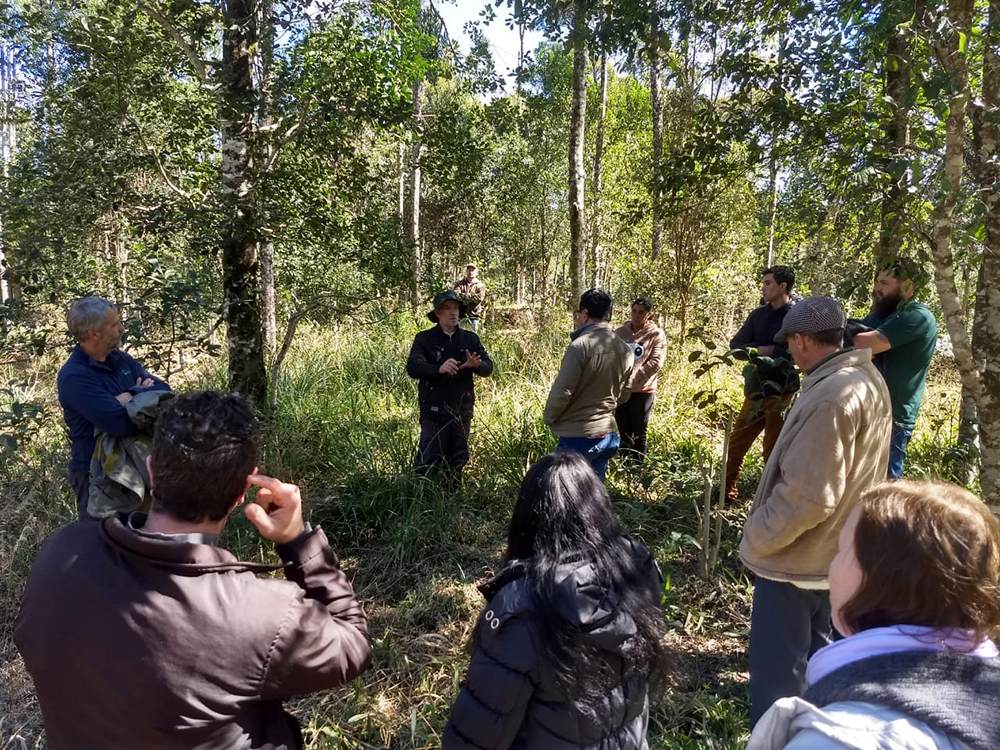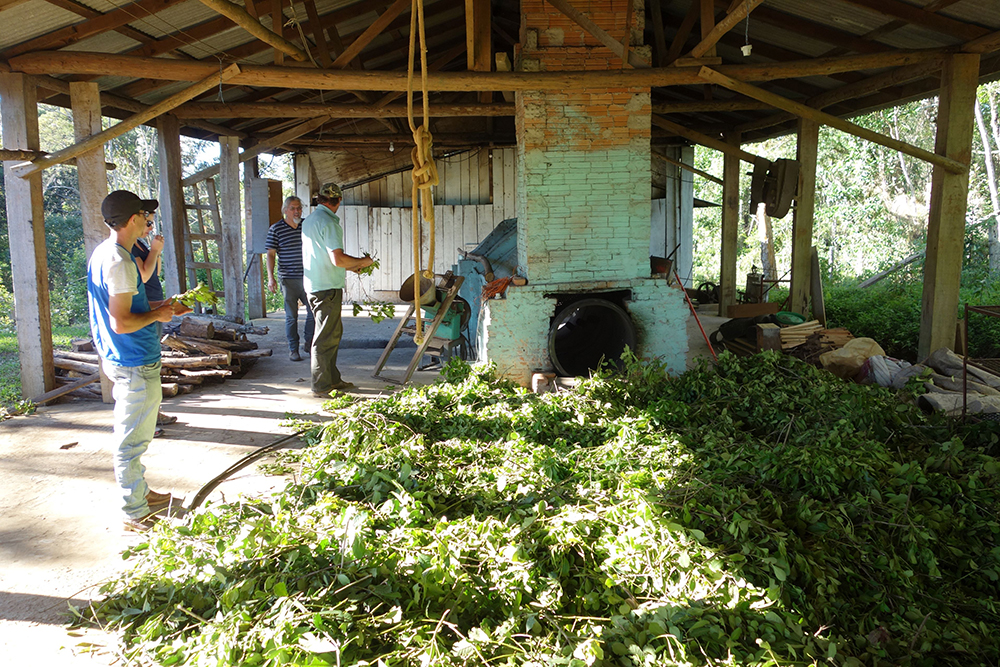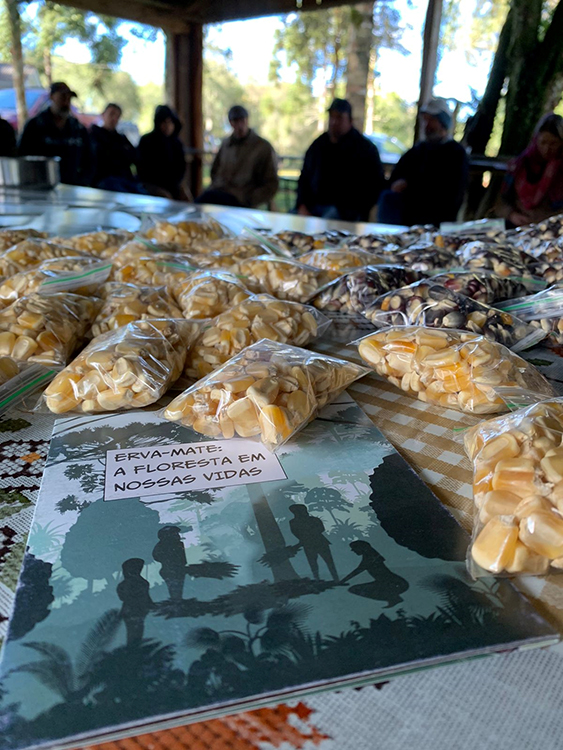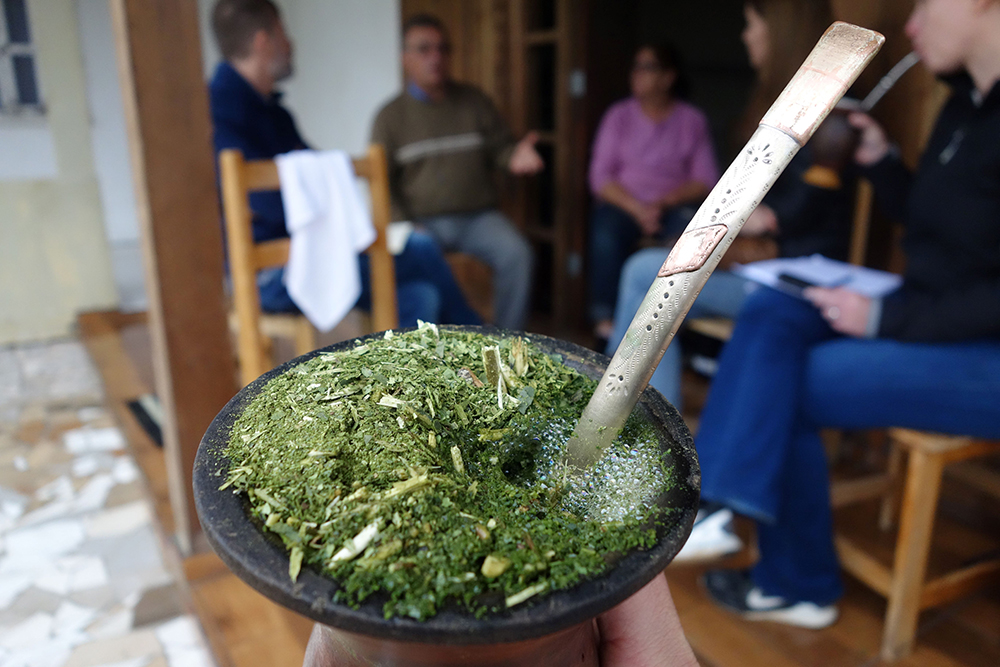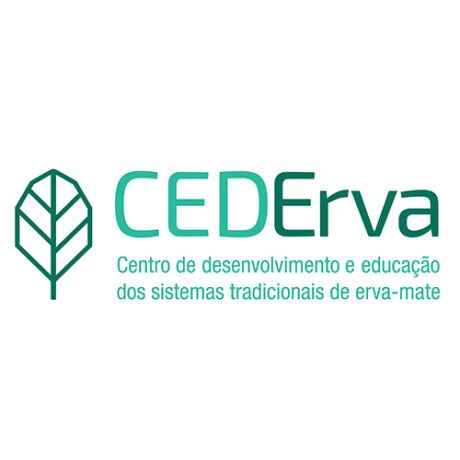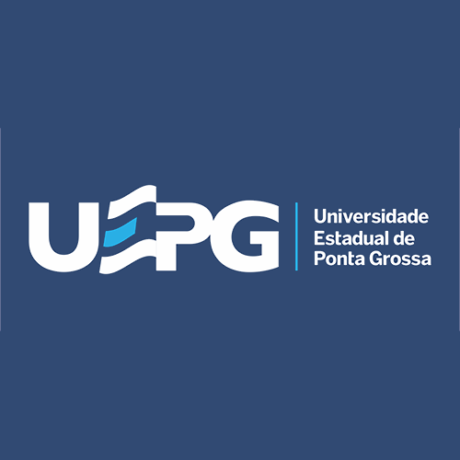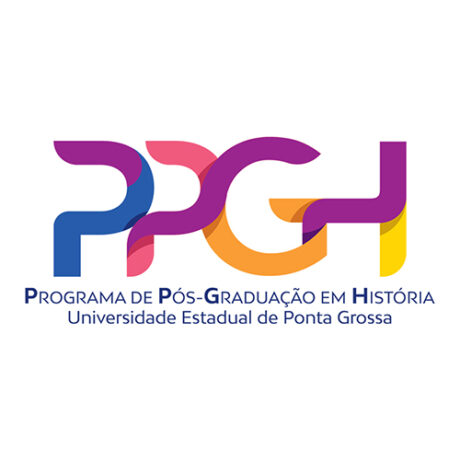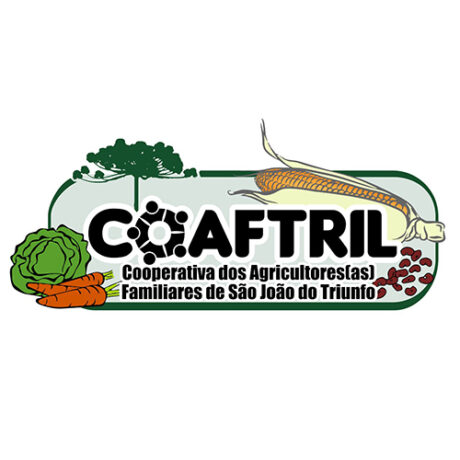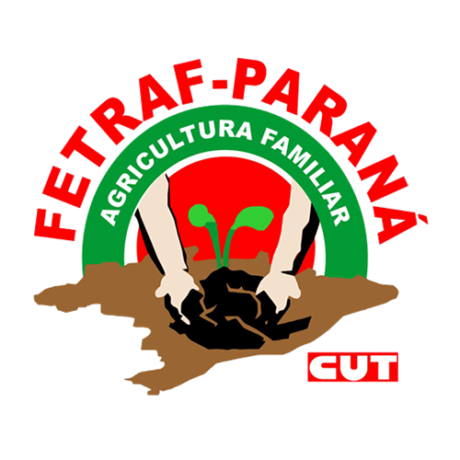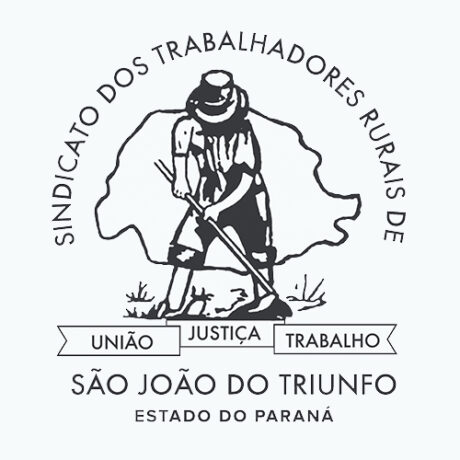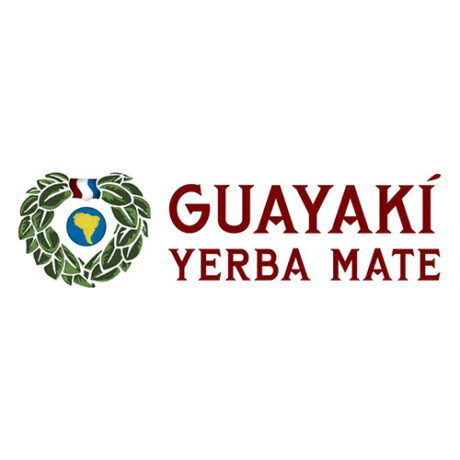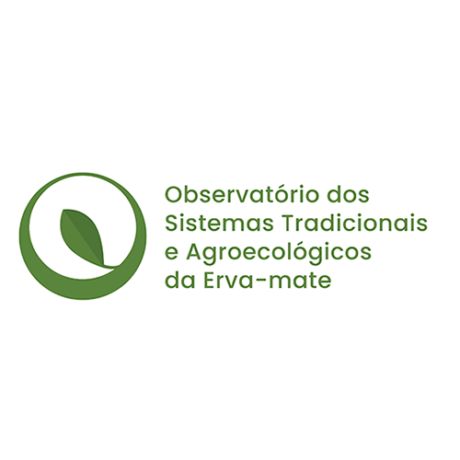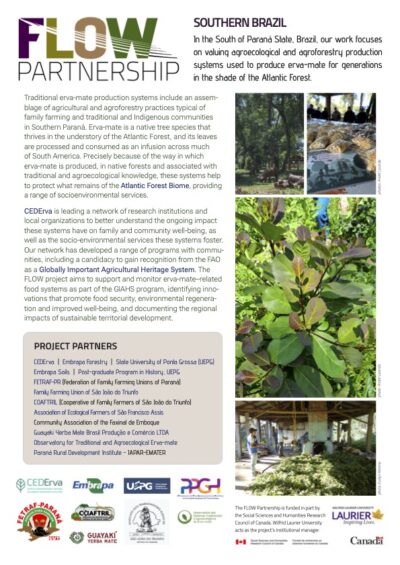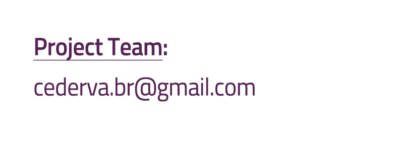Southern Brazil
In the South of Paraná State, Brazil, our work focuses on valuing agroecological and agroforestry production systems used to produce erva-mate for generations in the shade of the Atlantic Forest. (See this page in Portuguese.)
Traditional erva-mate production systems include an assemblage of agricultural and agroforestry practices typical of family farming and traditional and Indigenous communities in Southern Paraná. Erva-mate is a native tree species that thrives in the understory of the Atlantic Forest, and its leaves are processed and consumed as an infusion across much of South America. Precisely because of the way in which erva-mate is produced, in native forests and associated with traditional and agroecological knowledge, these systems help to protect what remains of the Atlantic Forest Biome, providing a range of socioenvironmental services.
CEDErva is leading a network of research institutions and local organizations to better understand the ongoing impact these systems have on family and community well-being, as well as the socio-environmental services these systems foster. Our network has developed a range of programs with communities, including a candidacy to gain recognition from the FAO as a Globally Important Agricultural Heritage System. The FLOW project aims to support and monitor erva-mate–related food systems as part of the GIAHS program, identifying innovations that promote food security, environmental regeneration and improved well-being, and documenting the regional impacts of sustainable territorial development.
click images to expand
photos: Evelyn Nimmo, André Lacerda, CEDErva

